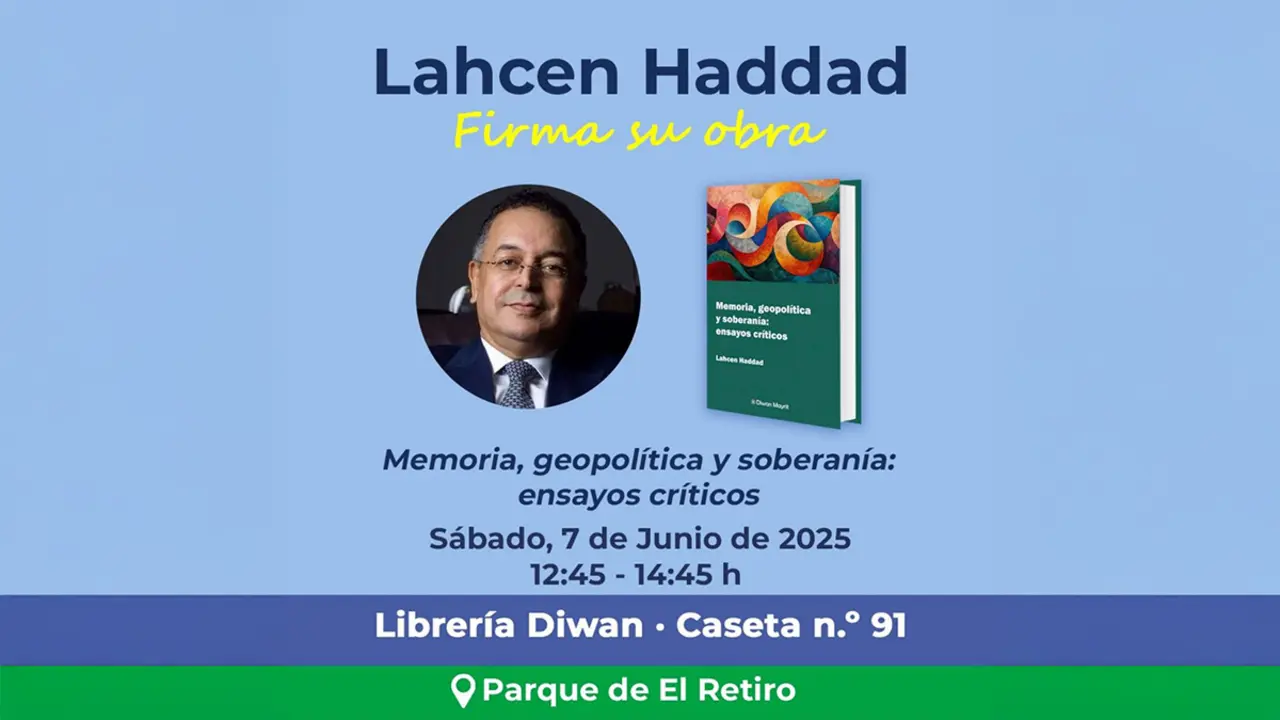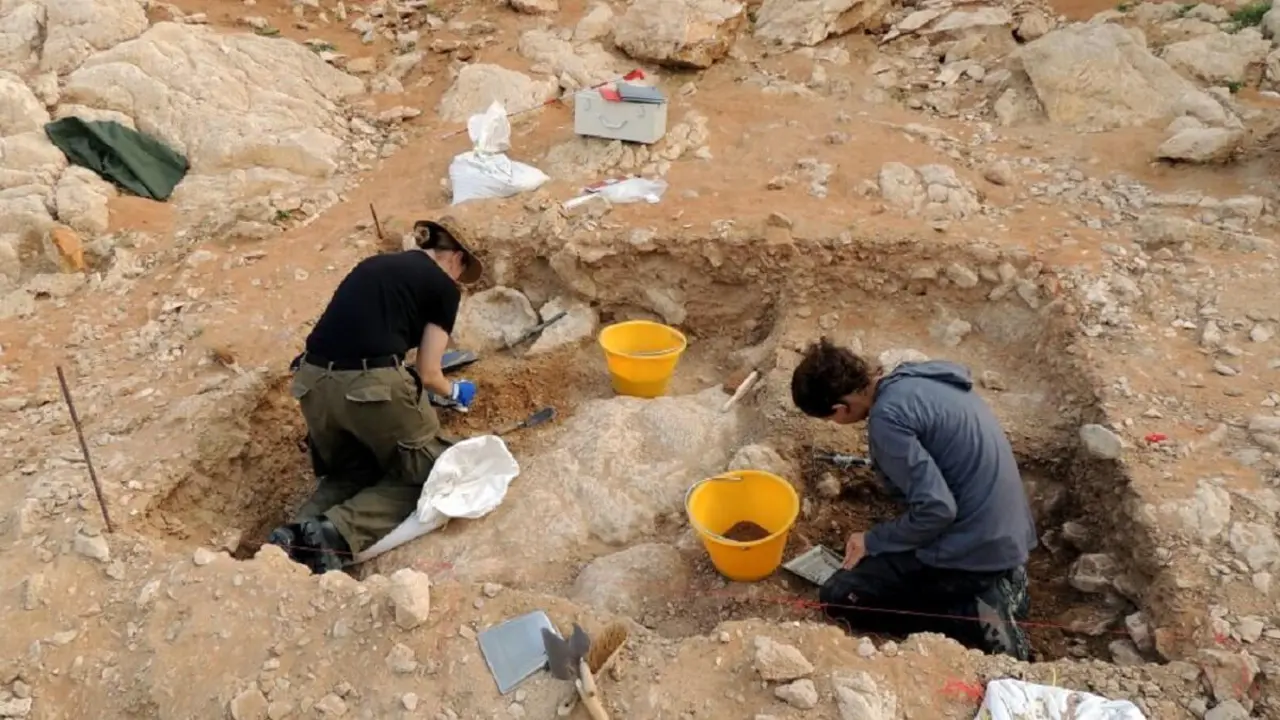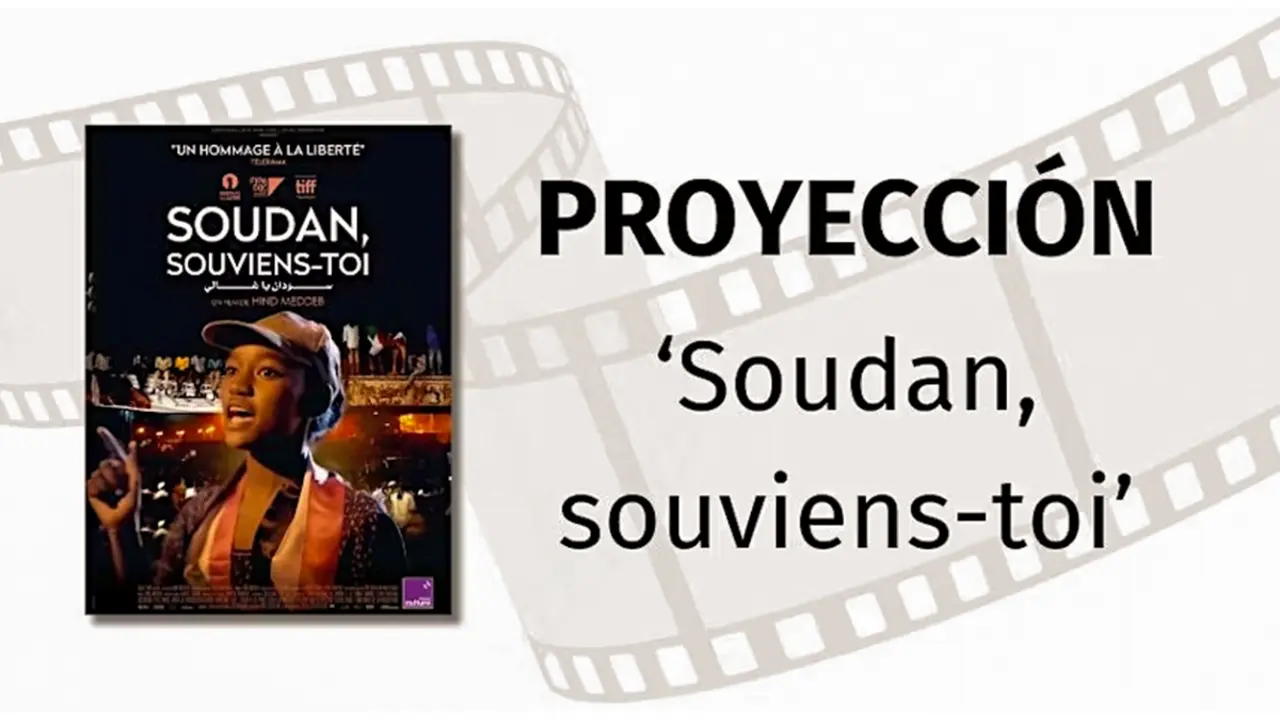In search of freedom, incluiding, of course, energy freedom

We are going through a vital and temporal cycle in which pessimism reigns, a vision that floods the media and as such is transmitted to all the inhabitants of a planet that is already in doubt as to whether it can survive the increasingly frequent and devastating aggressions brought about by mankind. Well, from time to time, voices emerge that contradict these forecasts of an apocalyptic future. This is the case of the essay En Busca de la Libertad (Gaveta Ediciones, 200 pages), by the doctor in Nuclear Physics Manuel Fernández Ordoñez, currently considered one of the leading specialists in the energy sector.
The book opens with a description of the vision that, through practically all the media, is shaping this apocalyptic vision of the world in general and of our planet in particular: "We are destroying our planet, our lifestyle is unsustainable and the growing number of human beings is making things worse by leaps and bounds. All this, coupled with catastrophic climate change, will cause vast suffering for millions of people in the near future. Huge migrations, bloody wars over dwindling resources, dwindling harvests and increasingly virulent natural phenomena will cause unparalleled destruction. Society has understood the problem and, guided by its political leaders, is calling for urgency and firm solutions". Nothing so far, therefore, that deviates from the daily review of a current affairs plagued by threats.
However, the author immediately rebels and shows his opposition from the outset by stating that all this has a fundamental flaw: that the reality of the data does not support either of the two messages, neither the apocalypse nor the urgency. The author does not deny that science is sending us clear and evident messages, but she openly accuses the political class of distorting them "in a major way" when it adopts its decisions and justifies them so that citizens, taxpayers and above all payers, end up accepting them with resignation and even submission.
The author of the prologue, María Blanco, also a doctor, adds that "this is a book against pessimism, which combats catastrophism with realism". In her opinion, the relevance of this point lies in the fact that pessimism, inoculated by the media and the government, is precisely one of the most effective ways of getting citizens to give up their freedom and place it in the hands of the governments in power.

"The climate apocalypse is a political story, not a scientific one", states Fernández Ordoñez, who throughout the five parts of the book analyses the global historical situation of humanity - "we have never been better off than now, at any time in history", he states emphatically -; he dismantles the Malthusian theses that have permeated the apocalyptic discourse since the 18th century. He explains the emergence of the market and the free economy, and does not mince his words in making a firm defence of capitalism as the economic model that has brought the greatest welfare and development to humanity, including a scientific demonstration of how it has been the economic system capable of lifting millions of people out of poverty in all the countries that have embraced it.
The book does not take away one iota of seriousness from the problems facing humanity in general and each country in particular, and points out the enemies of progress, the main one being the lack of freedom. On the contrary, he places energy as a fundamental factor for progress and analyses the causes and evolution of the enormous energy problem that is currently conditioning global geopolitics.
He advocates a different way of looking at things, rejecting the classic policy of picking winners when there is a conflict, "which has been shown not to work in the long term and attracts rent-seekers who profit while trying to "resolve" the conflict.
Such an exhaustive analysis, explained with the conciseness and simplicity of an informative language, leaves the reader to draw his or her own conclusions, not without pointing out that where everything has failed is because the obvious has not been tried: let the people directly involved in the conflict decide how to solve it by freely exchanging property rights over the resource that is generating the conflict, in short, let the market allocate the resources and let private initiative generate the mechanisms for solving the problem.
It is therefore safe to say that the book will not appeal to supporters of extreme interventionism, of whatever populist variety, nor to those who want to regulate even thought and conscience, and prohibit anything that sounds like autonomy and personal freedom. On the other hand, and in the midst of the prevailing environmental pessimism, it brings to the reader, eager to learn and discover new paths, a feeling that is currently as scarce as rare earths: hope









